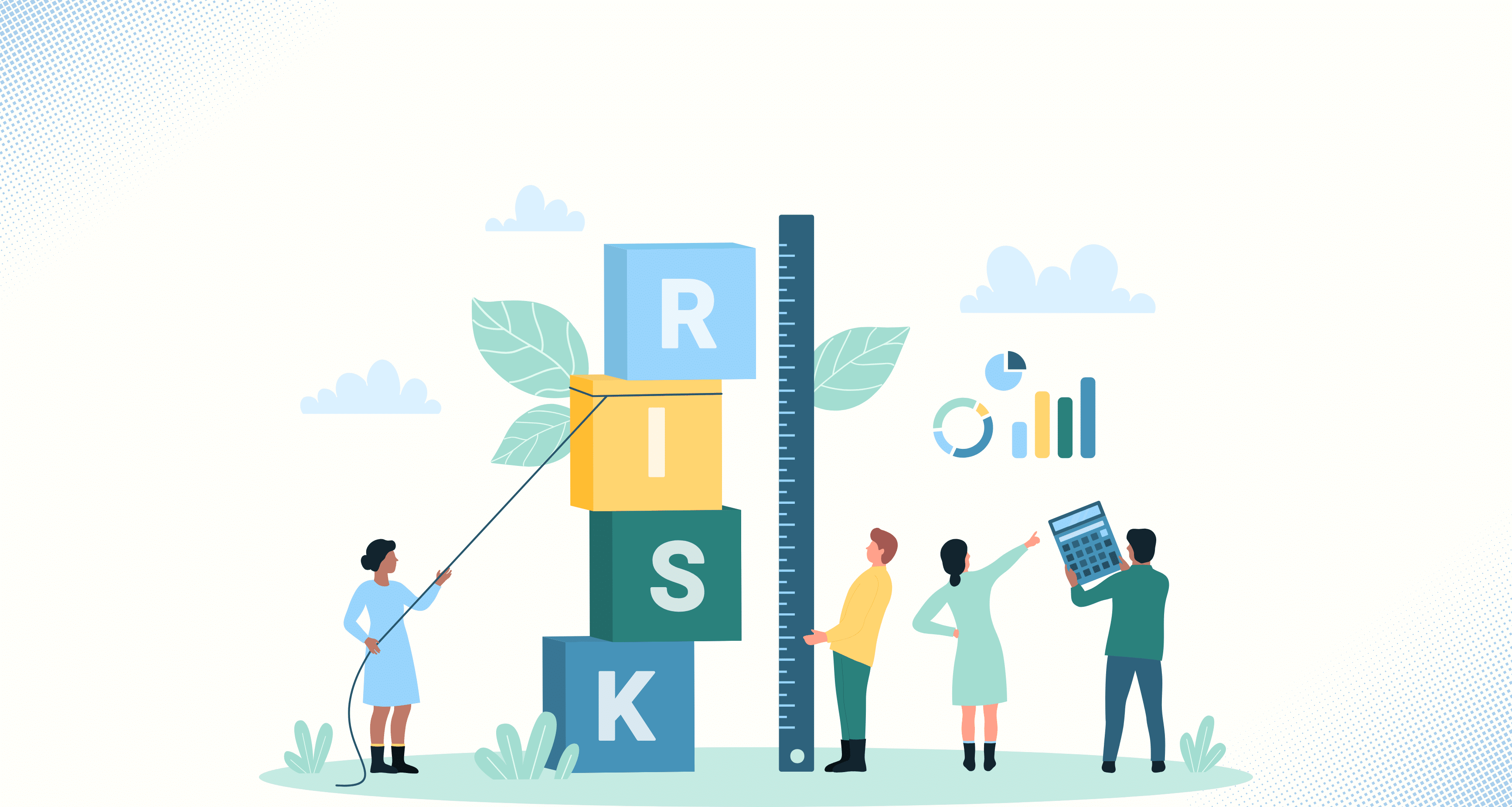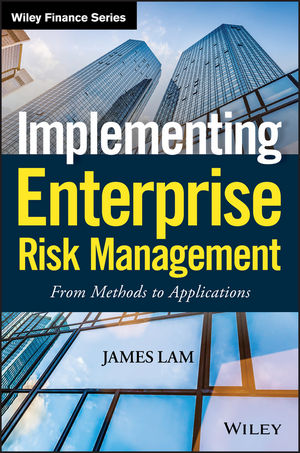Explore the Function of AI in Promoting Ethics and Stability to Battle Expert Threats Efficiently
The combination of AI in business frameworks has ended up being pivotal in attending to expert dangers. By using sophisticated analytics and real-time tracking, AI systems can determine inconsistencies from honest actions amongst workers (Insider threats). This aggressive technique not just boosts conformity however likewise fosters an atmosphere of trust. As business progressively rely upon these modern technologies, concerns occur about their performance and potential effects for workplace culture. What lies in advance in the evolution of AI's duty in promoting stability?
Comprehending Insider Risks and Their Influence On Organizations
Although organizations frequently focus on exterior risks, expert hazards present a substantial threat that can undermine safety and security and honesty. These dangers arise from people within the organization, such as professionals or staff members, that might misuse their access to delicate information for personal gain or malicious intent. The influence of insider threats can be severe, resulting in financial losses, reputational damage, and legal implications.
Aspects adding to expert risks consist of discontentment with the work environment, lack of oversight, and poor worker training on safety procedures. Organizations commonly battle to identify these threats, as they can be hard to find up until substantial damage has actually happened. Prevention methods should concentrate on cultivating a society of count on and liability, together with carrying out robust surveillance and reporting systems. By identifying and attending to the complexities of expert threats, companies can boost their security pose and secure their useful assets from inner threats.
The Development of AI in Workplace Protection
As organizations increasingly confront diverse protection obstacles, the integration of man-made knowledge (AI) in workplace protection has actually advanced substantially. At first, AI applications concentrated largely on automating basic safety methods, such as gain access to control and monitoring. Advancements in machine discovering and information analytics have actually changed AI right into an aggressive device qualified of determining potential hazards and susceptabilities in real-time.
Organizations currently take advantage of AI-driven systems to evaluate vast amounts of data, enabling them to discover strange habits that might indicate expert risks. This development has brought about the advancement of advanced algorithms that can discover from historical incidents, boosting the system's anticipating capacities. Additionally, AI devices are increasingly used to streamline occurrence action procedures, allowing security groups to act swiftly and successfully.
Just How AI Monitors Staff Member Actions for Ethical Compliance
Expert system plays an essential role in checking worker habits to ensure honest compliance within organizations. AI systems evaluate large amounts of data created by staff members, consisting of communications, purchases, and access to delicate details. By employing sophisticated formulas, these systems can identify inconsistencies from established ethical standards and business plans.
Machine discovering versions continuously adapt to acknowledge patterns of habits that could show ethical breaches, such as unauthorized data gain access to or uncommon purchase tasks. Insider threats. In addition, AI-driven tools can give real-time alerts to management, assisting in prompt treatments when possible threats are detected
The integration of AI into compliance monitoring not just enhances the company's ability to copyright integrity but also fosters a culture of accountability among employees. By promoting openness, AI systems function as a deterrent versus underhanded habits, making sure that workers stay lined up with moral criteria and business values.
Evaluating Patterns: Identifying Risky Behavior With AI
A growing variety of companies are leveraging AI to assess patterns that might show risky actions amongst workers. By utilizing advanced formulas, these systems can sort through vast quantities of data, identifying abnormalities in individual behavior that can recommend prospective expert dangers. For example, AI can spot uncommon gain access to patterns to sensitive details, such as workers accessing files outside their normal range of job or throughout atypical hours. In addition, behavioral analytics can highlight regular changes in a staff member's communication design or collaboration routines, which may symbolize underlying issues. This positive approach allows companies to identify threat factors prior to they rise into substantial threats. As a result, the assimilation of AI into checking practices not only improves safety and security yet also promotes a society of liability and ethical habits. By recognizing these patterns, organizations can better comprehend the behavior characteristics within their labor force, inevitably promoting a safer and much more honest work setting.
Real-Time Insights: Immediate Responses to Prospective Dangers
Real-time understandings via anticipating analytics and automated sharp systems play a crucial role in dealing with potential risks to principles and stability. By leveraging these innovations, companies can expect dangerous habits and respond immediately to alleviate dangers. This positive method enhances accountability and fosters a society of integrity in different atmospheres.
Anticipating Analytics Applications

Automated Alert Systems
Anticipating analytics supplies a foundation for companies to improve their responsiveness to ethical problems with automated alert systems. These systems make use of real-time data to check tasks, discovering anomalies that might indicate potential insider threats. By leveraging artificial intelligence algorithms, automated notifies can identify patterns of habits that differ developed norms, permitting swift treatment. This immediacy is important in mitigating threats related to underhanded practices. In addition, automated alert systems can simplify communication amongst relevant stakeholders, making sure that potential dangers are resolved quickly and properly. As organizations significantly depend on AI-driven services, the assimilation of automated sharp systems will play a critical function in cultivating a society of ethics and stability, eventually guarding organizational assets.
Promoting a Society of Trust Through AI-Driven Transparency
AI-driven transparency can considerably boost trust fund within organizations by promoting accountability and open communication. With real-time tracking options, stakeholders can obtain understandings right into procedures and decision-making, fostering a culture of honesty. Data-driven decision-making even more sustains this openness, making it possible for educated selections that straighten with moral criteria.
Enhancing Openness and Liability
Just how can companies successfully cultivate a society of depend on? By improving transparency and responsibility through the tactical use of artificial knowledge. AI can aid companies systematically track decision-making processes, guaranteeing that actions align with established moral requirements. This transparency permits staff members to see the reasoning behind policies and decisions, decreasing ambiguity and cultivating a feeling of fairness. Additionally, AI-driven devices can assist in clear communication regarding responsibilities and assumptions, equipping individuals to take possession of their actions. As liability comes to be deep-rooted in the business culture, employees are extra likely to take part in honest behavior, understanding their actions are checked and examined. Ultimately, this technique cultivates a setting where count on can grow, considerably mitigating the threat of expert risks.
Real-Time Monitoring Solutions
As companies increasingly look for to cultivate a culture of trust fund, real-time tracking remedies become a crucial tool in improving openness. These AI-driven systems constantly track tasks, providing insights right into user habits and possible anomalies that may show insider risks. By applying such monitoring solutions, organizations can proactively identify dangers, ensuring prompt actions to dubious activities. This not only safeguards delicate details but likewise strengthens a dedication to moral practices. The transparent nature of real-time tracking aids construct staff member self-confidence, as individuals are aware that their actions are being observed for the greater good. Eventually, these options offer to grow a workplace atmosphere based in count on, responsibility, and moral stability, vital for alleviating expert risks properly.

Data-Driven Decision Making
Real-time surveillance services prepared for data-driven choice production, which considerably enhances organizational openness. By leveraging AI innovations, organizations can evaluate substantial amounts of information to recognize patterns and anomalies a measure of prospective insider hazards. This logical technique allows stakeholders to make informed decisions grounded in empirical proof, fostering a society of count on amongst staff members. Openness in decision-making processes, strengthened by AI-driven understandings, urges responsibility and honest behavior. Additionally, it enables organizations to proactively deal with susceptabilities, making sure that activities taken are justified and communicated clearly. Therefore, the execution of data-driven methods not just minimizes threats related to insider threats yet additionally enhances the values of honesty and ethical conduct within the organizational structure.
Future Trends: The Role of AI in Enhancing Workplace Ethics
While companies significantly transform to expert system for functional efficiency, the possibility of AI to boost office ethics is obtaining prestige. Future trends suggest that AI will certainly play a necessary function in establishing honest frameworks and guidelines, enabling companies to navigate intricate ethical problems. By examining substantial amounts of data, AI can identify patterns of underhanded habits and provide insights that advertise openness click resources and accountability.
In addition, AI-driven devices can assist in real-time surveillance of worker communications, guaranteeing adherence to ethical requirements. This aggressive approach not only reduces expert hazards yet also cultivates a culture of stability. As companies welcome AI modern technologies, they must also prioritize ethical programs and algorithmic predisposition reduction to ensure justness.
In this progressing landscape, the assimilation of AI in moral techniques stands for a transformative change, cultivating a setting where honesty is not just anticipated yet methodically strengthened.
Often Asked Concerns
Exactly How Does AI Differentiate Between Benign and Malicious Actions?
AI distinguishes between malicious and benign actions by analyzing patterns in user actions, using artificial intelligence formulas to determine anomalies, and evaluating contextual information to establish whether activities line up with recognized norms or exhibit potential risks.
Can AI Equipment Replace Person Judgment in Ethical Decision-Making?
AI devices can not totally replace human judgment in ethical decision-making. While they can assess information and determine patterns, the nuanced understanding of context, values, and ethical ramifications still requires human understanding and discernment.
What Are the Personal Privacy Effects of AI Keeping An Eye On Employee Behavior?

How Can Organizations Make Certain AI Algorithms Are Fairly Designed?
Organizations can assure AI algorithms are ethically made by applying clear development procedures, including diverse stakeholders, performing routine audits, and adhering to well-known honest frameworks that focus on fairness, liability, and respect for customer privacy and rights.
What Training Is Required for Staff to Recognize Ai's Honest Duty?
Personnel training should incorporate foundational AI read here values, data personal privacy, and bias understanding. Workshops, study, and interactive sessions can improve understanding, making sure workers acknowledge AI's ethical ramifications and its duty in promoting honesty within the organization.
Fabricated intelligence plays a crucial role in checking go right here employee habits to guarantee honest conformity within companies. The assimilation of AI into keeping track of techniques not only improves protection however additionally fosters a culture of responsibility and moral behavior. While organizations progressively encounter ethical problems and possible honesty breaches, predictive analytics applications provide prompt understandings that can aid mitigate these risks. Predictive analytics supplies a structure for companies to boost their responsiveness to ethical worries with automated sharp systems. Future fads show that AI will certainly play an important role in establishing honest frameworks and guidelines, enabling companies to browse complicated ethical issues.